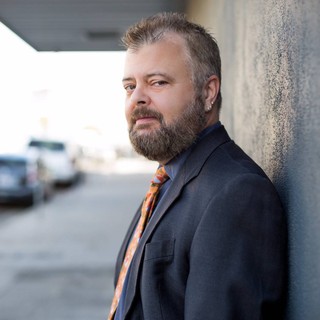Graduation Season? More like Disinvitation Season.
As students across the country prepare for pomp and circumstance, college and university administrators are grappling with a series of commencement speech boondoggles.
This year alone, nearly a dozen big-name commencement speakers — including the head of the International Monetary Fund, Christine Lagarde, and former Secretary of State Condoleezza Rice — have been invited to speak at graduation ceremonies, only to withdraw or have their invitations rescinded in the wake of campus protests.
“It’s not necessarily that all that many people get disinvited, but students and faculty get together and demand that speakers get disinvited,” says Greg Lukianoff, the president of the Foundation for Individual Rights in Education.
This kind of commencement controversy has picked up steam since 2009, Lukianoff says, with campus protests hitting a new peak in the last year.
These are dumb college kids (heavy emphasis on the “dumb”) who are egged on by activist professors, so it’s not really the popular uprising that the academics would have you believe. Academia is polluted with 1960s hippie remnants who offer virtually nothing to society but get to hijack our campuses to work out their various issues with capitalism, America and freedom in general.
As has been established time and again, nothing terrifies a leftist more than diversity of thought.
“I think we are seeing a disturbing trend,” says McCartney of Smith College. “I’ve been describing it as a lack of tolerance for a wide variety of views.”
Lawrence Bacow, the former president of Tufts College, says the uptick in back-outs is worrying. Universities are meant to be environments that promote free speech and open-mindedness, but, he argues, by protesting, students are self-selecting speakers who only reinforce what they believe.
“The role of a speaker — any speaker — who seeks to educate the audience that they’re speaking to is to challenge their beliefs and not necessarily to reinforce them,” Bacow says. “And so if the test for giving a speech on campus or commencement speech is that one has never offended anyone by virtue of anything ever one has done in public life, there are going to be very few people who can give commencement speeches.”
Except for radicals, of course.










Join the conversation as a VIP Member